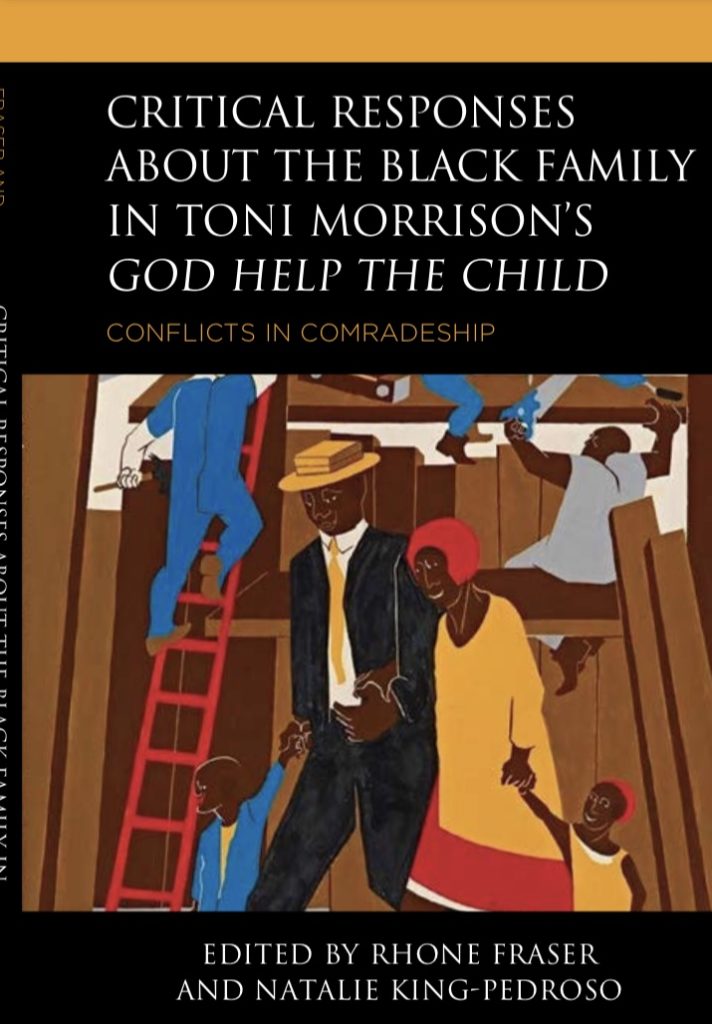

She is a successful executive at a cosmetics company, making money, running with all the right crowds. Years later, as an adult, Bride has found a way to be somewhat comfortable in her own skin.

With a mother who disdains her very existence, it comes as no surprise when Bride tells a lie that sends an innocent woman to prison just so her mother might see her, claim her, love her – so she might have some dignity of her own. If colourism is what allowed black folk to hold on to their dignity, Bride was never going to be allowed any.

She should know better, but it is painfully clear her choices have been shaped by the realities of being black in a white world – a world where the lighter your skin, the higher you might climb. But how else can we hold on to a little dignity?” This is what makes it so difficult to judge Sweetness’s choices. While Sweetness will apologise for her child’s dark skin, what she will not apologise for is how she sees the world and how she raises her child, saying: “Some of you probably think it’s a bad thing to group ourselves according to skin colour – the lighter, the better – in social clubs, neighbourhoods, churches, sororities, even coloured schools. Sweetness makes it clear she saw herself as protecting her child from a world that would be even more inclined to punish Bride for the darkness of her skin. Bride grew up without love, tenderness, affection or apology.


 0 kommentar(er)
0 kommentar(er)
